2024-2025 Annual Report
2024-2025 Annual Report
2023-2024 Annual Report
2022-2023 Annual Report
2021-2022 Annual Report
2020-2021 Annual Report
2019-2020 Annual Report
2018-2019 Annual Report
2017-2018 Annual Report
2016-2017 Annual Report
2015-2016 Annual Report
2014-2015 Annual Report
2013-2014 Annual Report
2012-2013 Annual Report
2011-2012 Annual Report
2010-2011 Annual Report
2009-2010 Annual Report
2008-2009 Annual Report
2007-2008 Annual Report
2006-2007 Annual Report
2005-2006 Annual Report
The Greenbelt Foundation
The Greenbelt Foundation stewards Ontario’s Greenbelt – over 2 million acres of protected farmland, forests, wetlands, rivers, and lakes in the Greater Golden Horseshoe, Ontario’s fastest growing region.
These lands nourish us, safeguard our water, fight climate change, and enhance our quality of life by providing us with access to green spaces and unique outdoor recreational opportunities.
The Greenbelt Foundation invests in the Greenbelt’s interconnected natural, agricultural, economic, and cultural systems, to ensure a working, thriving Greenbelt for all.
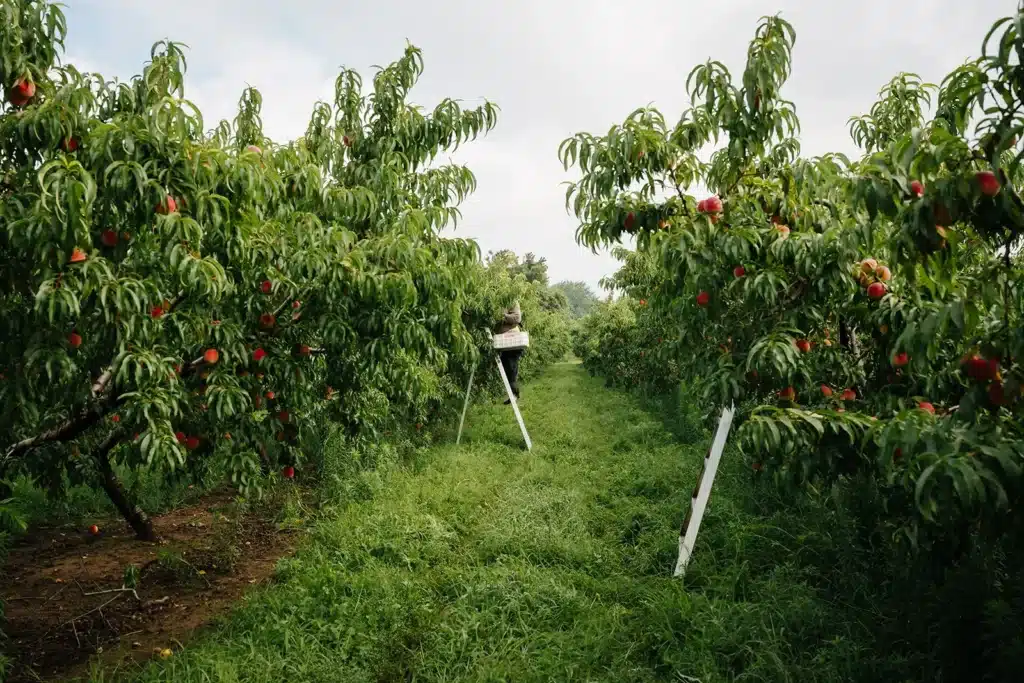
Land Acknowledgement
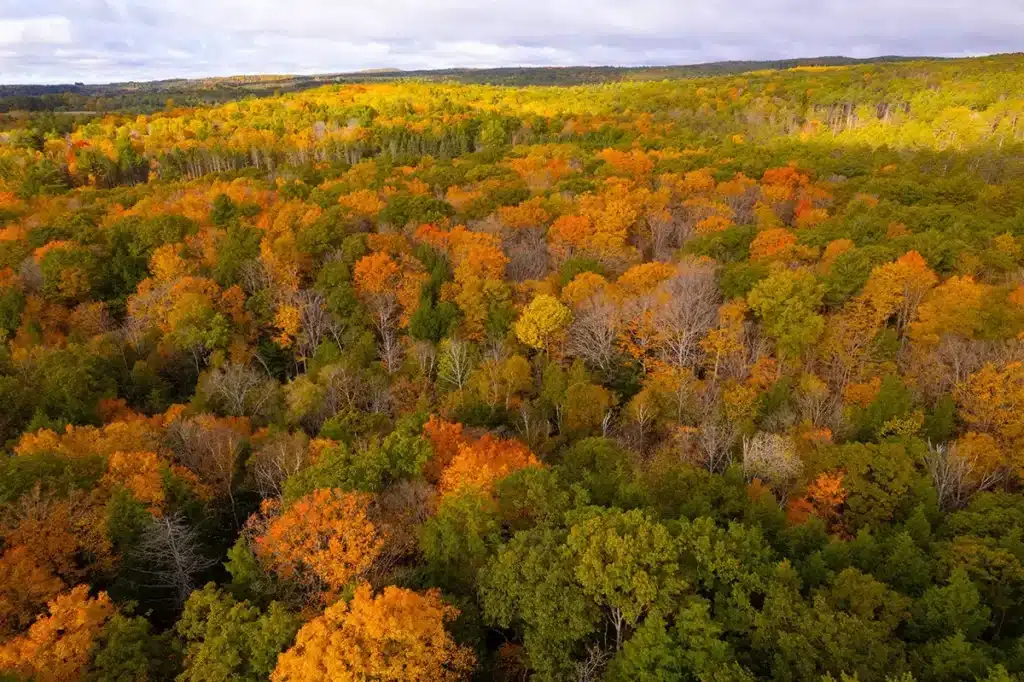
The Greenbelt Foundation acknowledges that the land we meet on and strive to protect is the traditional territory of the Anishinaabe, Haudenosaunee, and Huron-Wendat, and is now home to many other diverse First Nations, Métis, and Inuit people.
The area we now call the Greenbelt consists of treaty lands. It is important that we learn about the history and continued presence of these treaties because we are all treaty people.
The lakes, rivers, and wetlands, as well as forests, ravines, and healthy farmlands in the Greenbelt, have been stewarded and protected by the First Peoples since time immemorial and we are grateful to the First Peoples for their care of the land on Turtle Island. We respect and are inspired by the deep connection of kinship that Indigenous Peoples have with the land.
We acknowledge and condemn events such as Indian Residential Schools, Indian Day Schools, the Sixties Scoop, Missing and Murdered Indigenous Women, and many other violent acts committed since European settlers arrived on this land.The vibrant way of life of Indigenous Peoples and their connection to the land has been suppressed due to attempted genocide, colonization, and assimilation.
We acknowledge the truth of the events of the past and their continuing effects, and the enduring rights of Indigenous Peoples.
We recognize that the Greenbelt is based on a land management plan developed by settlers, and we as a Foundation have a responsibility to ensure the work we do reflects the continued efforts and rights of the First Peoples of this land.
We will continue to look for ways to align our mandate with the Calls to Action from the Truth and Reconciliation Commission, and further educate ourselves on Indigenous Knowledge Systems that can inform and support our mandate to sustain the air, lands and waterways in the Greenbelt.
Letter from CEO and Chair


As Ontario faces the profound challenges of rapid population growth, climate change, and economic uncertainty, the Greenbelt remains one of our most powerful solutions.
This year, the Greenbelt Foundation continued to champion and invest in the people, places, and partnerships that make the Greenbelt essential to a healthy and sustainable future for our province.
We find ourselves at an inflection point, where the need to protect farmland, restore natural systems, and build climate resilience has never been greater. From improving soil health and supporting sustainable agriculture, to managing invasive species, planting native trees, and expanding access to nature, our work this year has helped communities across the Greenbelt adapt to the pressures of a changing world. These efforts are ensuring that the benefits of the Greenbelt—clean water, fresh local food, biodiversity, and outdoor recreation—continue to enrich the lives of all Ontarians.
But we cannot do this work alone. To meet the moment, we must unite behind a shared goal—one that recognizes the Greenbelt as a key pillar of a strong, prosperous Ontario. That means strengthening and investing in it and valuing the natural and working lands that support our well-being and our economy. It also means supporting farmers and farming communities to ensure that agriculture remains economically viable in the face of today’s many challenges, while also addressing broader rural needs – including housing solutions that reflect the unique priorities of rural communities and economies.
On behalf of the Board of Directors and our dedicated staff, we thank our partners, donors, funders, and the Government of Ontario for their continued support. We are exceptionally proud of the impactful work we are all able to do. Together, we are building a future where vibrant, resilient communities thrive in and beyond the Greenbelt.
Sincerely,
Edward McDonnell and Mary Lou Tanner
About the Greenbelt
Ontario’s Greenbelt is 2 million acres of protected farmland, forests, wetlands, rivers, and lakes in the Greater Golden Horseshoe, one of the fastest growing regions in North America.
A world leader, Ontario’s Greenbelt consists of multiple ecologically and agriculturally significant areas including the Niagara Escarpment, Oak Ridges Moraine, protected countryside, urban river valleys, and the Holland Marsh and Niagara Tender Fruit and Grape specialty crop areas.
For over twenty years, Ontario’s Greenbelt has been:
- Supporting sustainable agriculture and local food systems
- Safeguarding our precious water resources
- Protecting diverse natural ecosystems
- Mitigating against the impacts of climate change
- Providing world-class outdoor recreation and tourism opportunities
- Sustaining thriving rural economies
The protection and prosperity of Ontario’s Greenbelt is critical if we are to continue meeting the needs of our growing province for generations to come.
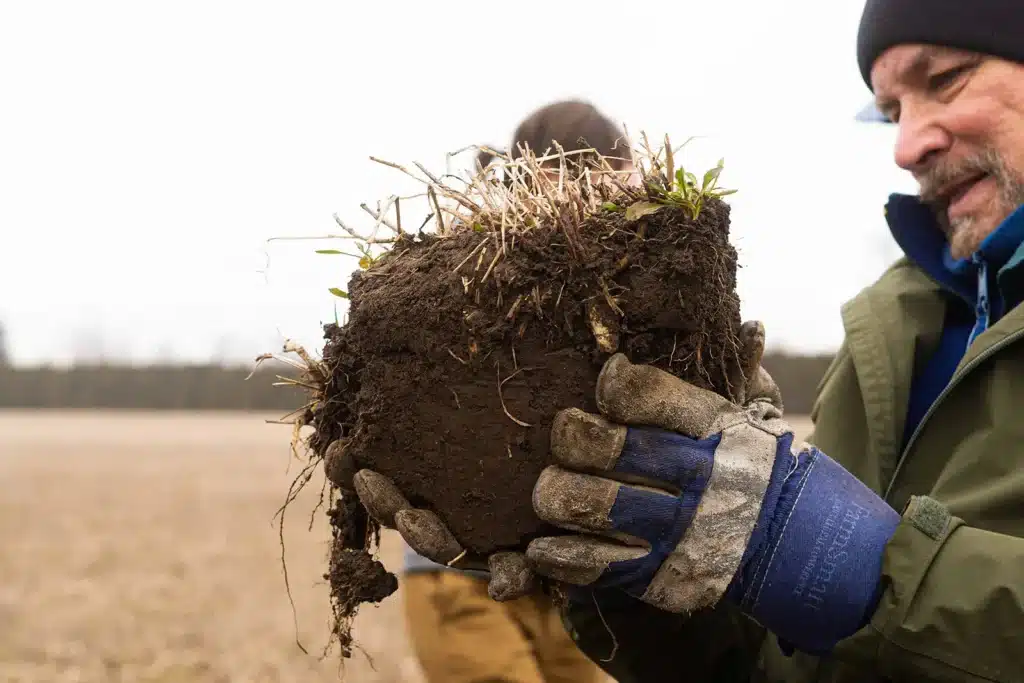
Greenbelt by the Numbers
$9.6 Billion
Contributed annually in economic activity
$3.2 Billion
Contributed annually in ecosystem services
177700 Jobs
Full-time or equivalent
9 out of 10
Ontarians in favour of the Greenbelt
The Greenbelt Foundation: Mission and Impact
Since 2005, the Greenbelt Foundation has been the only charitable organization solely dedicated to ensuring Ontario’s Greenbelt remains permanent, protected, and prosperous. Our mission is to invest in the Greenbelt’s interconnected natural, agricultural, economic, and cultural systems, to ensure a working, thriving Greenbelt for all.
Our vision is a healthy and vibrant Greenbelt that can sustain Ontario’s growing communities through restored and protected natural environments, robust agricultural sectors, thriving rural economies, opportunities for outdoor recreation, and patterns of urban settlement that support the integrity of the Greenbelt.
Through strategic grant making, philanthropic partnerships, community engagement, and research-informed policy recommendations and programs, the Foundation’s investments in the Greenbelt ensure it enhances the quality of life for Ontarians and remains a vital safeguard for our future.
In 2024-2025, the Greenbelt Foundation:
Released 12 data-driven reports and policy submissions, growing the body of evidence-based research and recommendations necessary to strengthen Greenbelt sectors and regions
Presented at 30+ conferences and webinars, engaging directly with 2,000+ participants, increasing stakeholder understanding of Greenbelt-related challenges and opportunities.
Convened 70+ diverse thought leaders through 5 sector roundtables, building consensus among stakeholders on key issues facing the Greenbelt.
Engaged 70,000+ community members through our newsletter and social media channels, increasing public awareness of the benefits the Greenbelt affords and the protections necessary to ensure it continues to meet the needs of our growing province. Also, the Greenbelt was featured in 800+ media stories!
Awarded almost $3M in grants, leveraging an additional $7M+ in funding for projects that invest in Ontario’s strengths and the Greenbelt’s interconnected agricultural, ecological, economic, and cultural systems. Through our grantees, we:
- Created/managed 160+ km of trails
- Installed 100 new educational signs
- Enhanced 35 acres of land through restoration activities
- Planted 6700+ trees
- Engaged 1,360+ community volunteers in 45 stewardship and outreach programs
Program Highlights
The Greenbelt Foundation achieves impact through strategic grant making, research and data-driven policy recommendations, and philanthropic and programmatic partnerships.
By working with a wide range of dedicated partners, we support initiatives that protect natural systems, strengthen local economies, and connect people to the Greenbelt.
The following pages highlight a selection of projections that showcase some of the exciting work the Greenbelt Foundation has made possible this year.
1 Conservation & Restoration
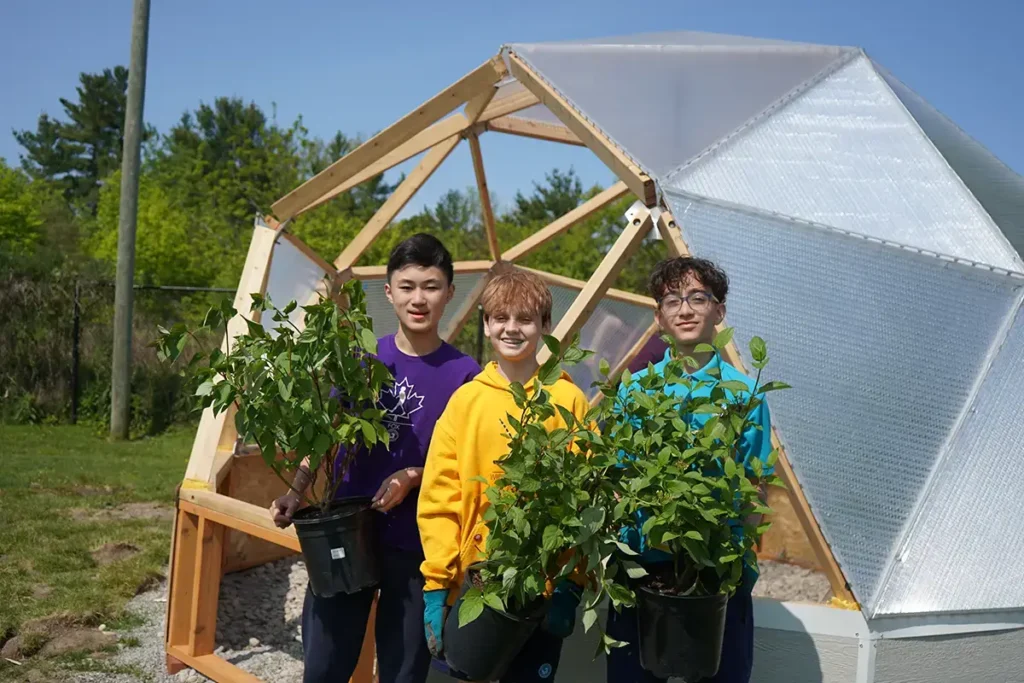
Through grantees and other partners, the Foundation is investing in conservation and restoration efforts that are increasing regional biodiversity, supporting species at risk, increasing natural cover, strengthening the integrity of nature corridors, and helping to mitigate against the challenges presented by climate change.
In 2024/25, through grant funding provided to the Carolinian Canada Coalition, the Foundation helped launch the Southern Ontario Seed Strategy (SOSS), a landmark initiative to scale up native seed supply chains to ensure the ecological integrity and longterm capacity of restoration efforts.
As well, the Foundation awarded grant funding to partners Greenough and North Bruce Wilderness Alliance to protect ecologically critical lands, including the Simon Bay Coastal Fen and Forest, a 19.6-acre property on the Saugeen Bruce Peninsula that is home to several species at risk and capable of sequestering 78.4 tonnes of CO2 annually.
Acknowledging our role in promoting a healthy environment for future generations through our work to plant 1 million trees in the Greenbelt, Forests Canada awarded the Foundation their Green Legacy Award. The Foundation’s advancement of strategic conservation efforts across the Greenbelt are helping ensure the health and integrity of the region’s natural heritage systems for generations to come
2 Agriculture & Food System Security
Strong local food systems are critical to meeting the demands of our growing province.
Given its high concentration of prime agricultural land (including specialty crop areas), the prevalence of food processing centers, and its proximity to the largest consumer markets in Canada, the Greenbelt is uniquely positioned to support and sustain thriving rural economies while ensuring Ontario’s food sovereignty in the face of changing economic realities.
The Foundation’s soil health program reached new depths in 2024/25, with 182 farms engaging in soil health sampling and 5,290 acres of farmland adopting our recommended best practices for\ soil health management. As well, in partnership with the Ontario Soil Network (OSN), we trained over 95 farmers and crop advisors in soil health testing and best practices, reaching an additional 8,000 individuals across the Greenbelt through our promotional activities.
With support from OSN, the Foundation deepened its commitment to farmer-led learning by fostering local connections and providing one-on-one mentoring to landowners and agricultural partners. This hands-on approach, grounded in education and collaboration, is helping to sustain the Greenbelt’s agricultural landscapes and support resilient rural economies.
The Foundation also continued to spotlight female-identifying leaders through its annual Women in Agriculture campaign. In 2024/25, three video profiles featured four women working across the Greenbelt: Ali and Jess Oppenlaender of Liebling Wines, who oversee their vineyard from grape to bottle; Alexandra Powell of Alexandra’s Farm, a champion of organic growing and sustainability; and Celeste Lopreiato of Conscious Farm Kitchen, who connects communities with local, plant-based meals while advocating for farmland preservation and youth engagement in farming.
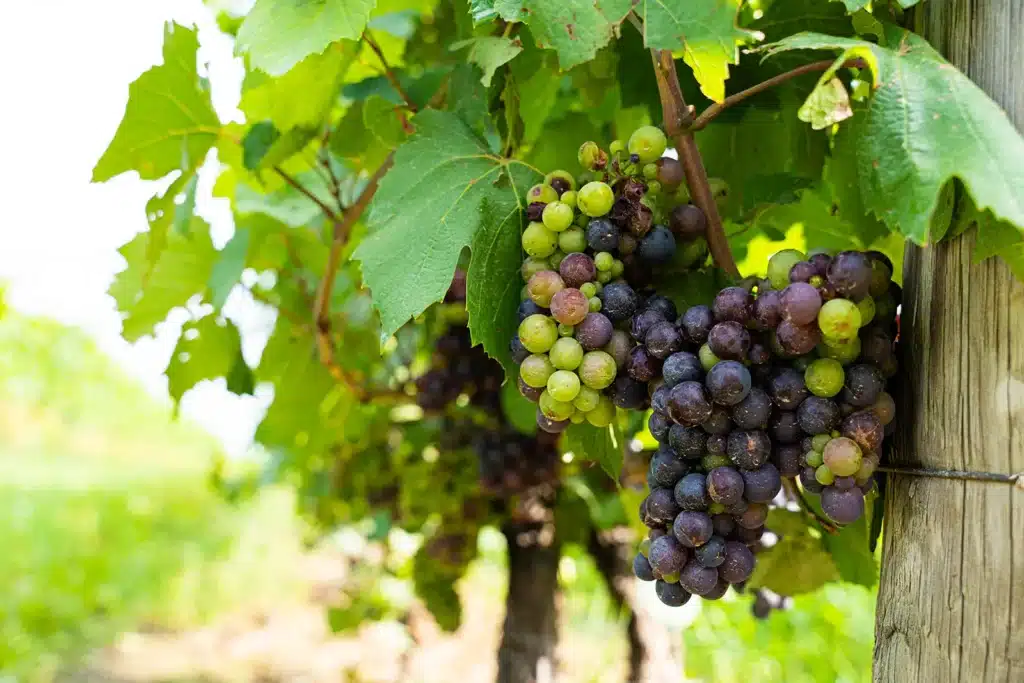
3 Natural Systems & Climate Solutions
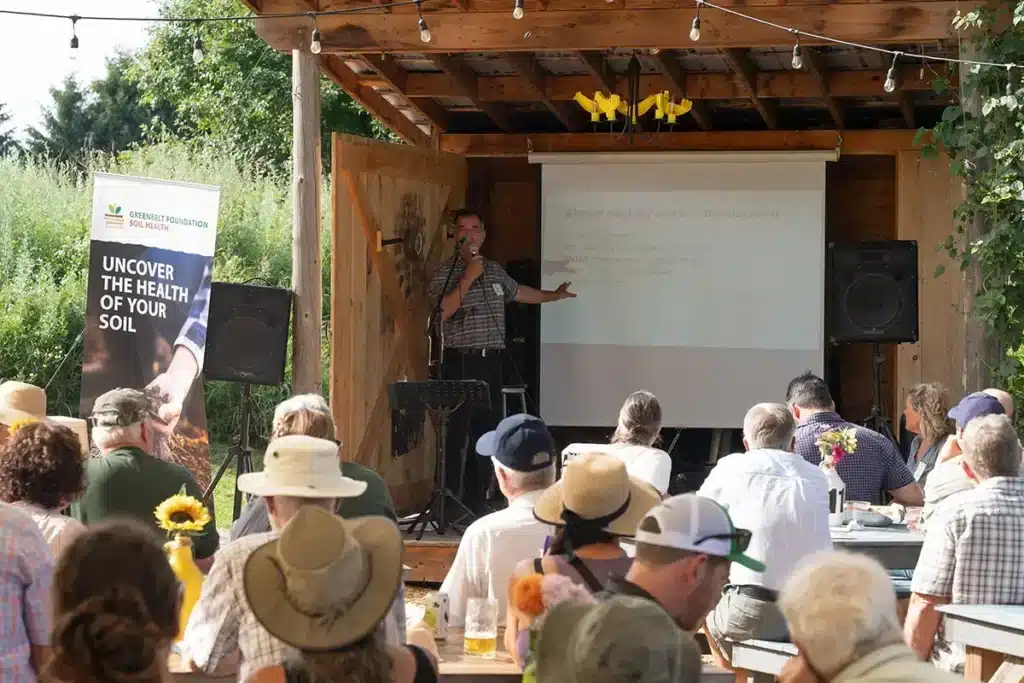
Natural assets can often deliver the same or better level of service as traditional engineered infrastructure, while offering greater resilience and adaptability to climate change, along with lower costs.
Recognizing the value of natural systems and ecosystem services has never been more critical, and the Greenbelt plays a vital role by protecting natural systems such as forests, rivers and wetlands. These features support natural solutions that absorb floodwaters, reduce heat, and store carbon, all of which are essential for building climate resilience in communities across Ontario.
Natural asset management (NAM) continued to be a cornerstone of the Foundation’s climate resilience work this year. In partnership with the Toronto and Region Conservation Authority, the Foundation engaged 20 municipalities and 21 conservation authorities to advance NAM planning, helping communities leverage Greenbelt natural systems for cost-effective services and enhanced resilience.
Customized findings from the 2024 Watson & Associates Report were shared with municipalities like St. Catherines and Niagara Falls, offering clear steps to integrate natural assets—such as wetlands and forests—into formal municipal asset management plans.
The Foundation also co-hosted a workshop at the Latornell Conservation Conference with Conservation Ontario, attended by over 100 participants, and a successful webinar with Asset Management Ontario on getting started with NAM. The Foundation is also supporting the development of a NAM Roadmap for regional Conservation Authorities to help municipalities across Ontario recognize and manage natural features as critical infrastructure for a more climate-resilient future.
4 Education & Awareness
Raising public understanding and sectorspecific knowledge continues to be a fundamental part of the Foundation’s work.
Raising public understanding and sector-specific knowledge continues to be a fundamental part of the Foundation’s work. Through a combination of strategic communications, educational programming, and research dissemination, the Foundation is building broad public awareness of the Greenbelt’s value and the importance of protecting it.
A key highlight this year was the Foundation’s partnership with the Invasive Species Centre, which launched an initiative to strengthen monitoring and prevention efforts in the Greenbelt’s specialty crop sector. Communications tools, including a dedicated web page, species profiles, and a widely attended Spotted Lanternfly workshop in Niagara, supported growers in protecting the viability of vineyards and tender fruit operations.
The Foundation expanded its presence on social media platforms, reaching tens of thousands of Ontarians with accessible content on invasive species, water protection, soil health, and climate resilience. This year, the Foundation also released new episodes in its Recreation in the Greenbelt video series, spotlighting two new seasonal activities, ice fishing and paddleboarding. These engaging short videos showcased the diverse outdoor experiences available across the Greenbelt, encouraging Ontarians to explore and appreciate the protected landscapes year-round.
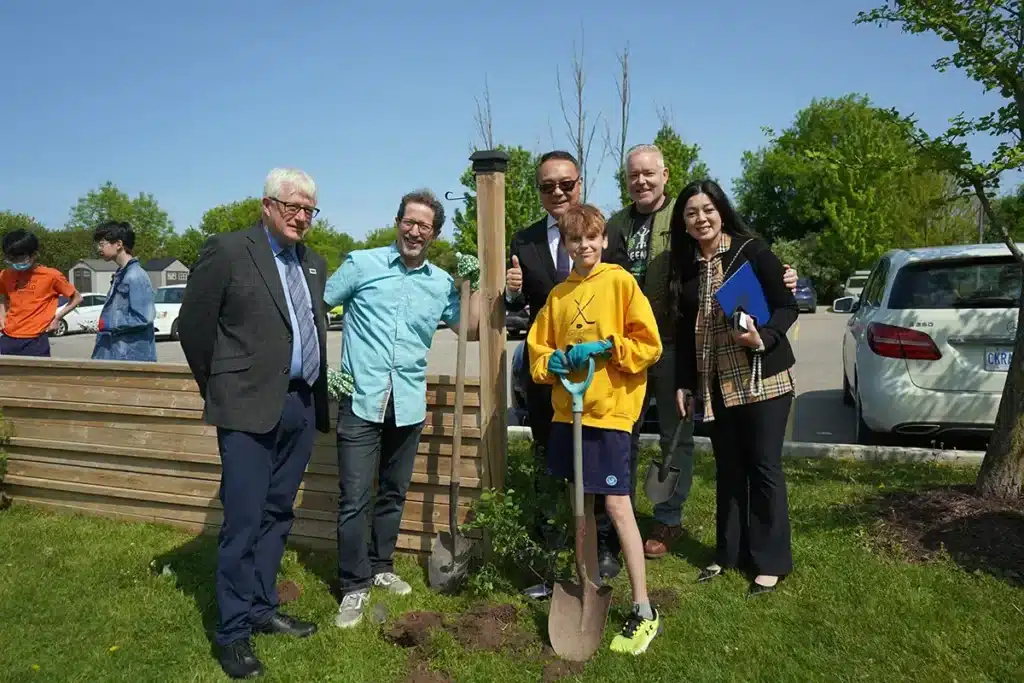
5 Recreation & Tourism
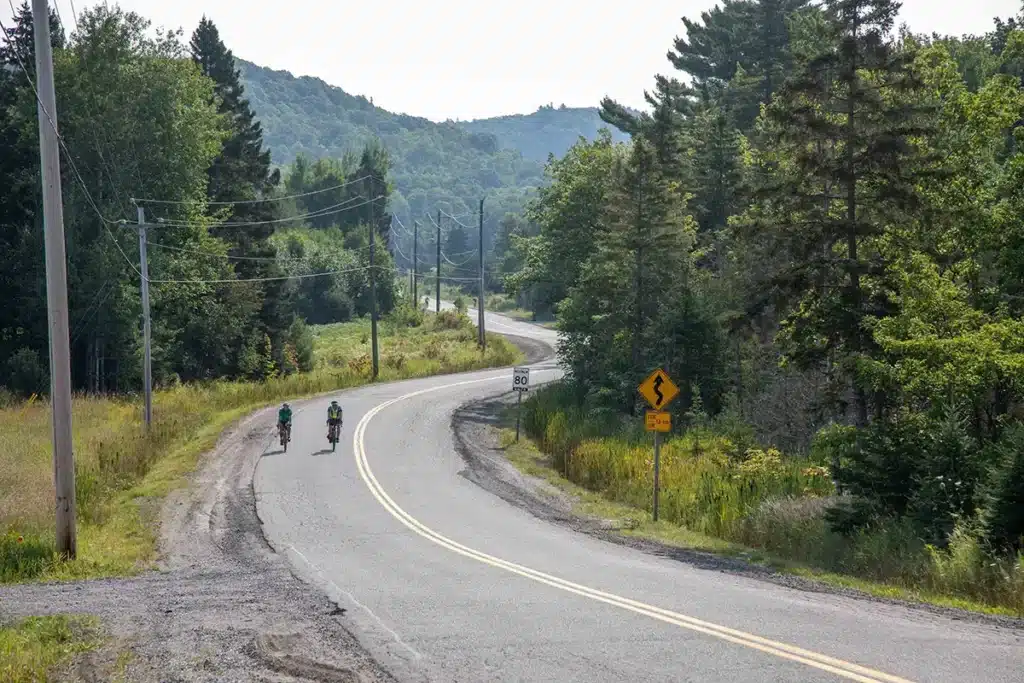
Ontario’s Greenbelt is over 2 million acres of lush hiking trails, scenic cycling routes, dramatic shorelines, and accessible river valleys that invite exploration by foot, bike, canoe, or kayak.
But the Greenbelt is more than just a natural escape — it’s also a vibrant, working landscape filled with charming small towns, local food, and rural businesses. The Greenbelt Foundation supports recreation and tourism across the region by investing in trail development, promoting local destinations, and encouraging sustainable tourism that connects people to nature while supporting the communities that call the Greenbelt home.
In 2024/25, the Foundation continued this work through its long-standing partnership with the Waterfront Regeneration Trust (WRT). This included enhancing 160.6 km of the Greenbelt Cycling Route with improved signage, maintenance, and a new trailhead, creating a safer, more enjoyable experience for cyclists. The Foundation also expanded its Bike Rack Partnership Program, supporting five new businesses in Hamilton-Wentworth and Clarington, and bringing the total to 20 partners promoting active tourism, reinforcing the Greenbelt’s value as a tourism driver and community asset.
Working with WRT, as well as Rural Tourism Ontario and CAA, the Foundation hosted two Farm Fresh Bike Tours in Hamilton, welcoming 100 participants and showcasing seven local farms, wineries, and breweries. The partnership also launched Rural on the Ridge, a 40 km cycling itinerary connecting agri-tourism destinations, and introduced a Ride with GPS web tool to support trip planning and highlight four featured routes.
In addition, progress was made on the Oak Ridges Moraine Trail Strategy, with the establishment of an advisory committee—including trail partners and First Nations representatives—to guide inclusive, long-term improvements and stewardship of this iconic trail network. These planning efforts are laying the groundwork for long-term trail improvements and expanded access across the Oak Ridges Moraine.
Our Partners & Donors

The Foundation is thankful for the government’s ongoing for funding and program support, through the Ministry of Environment, Conservation and Parks. We look forward to continuing work collaboratively across key program areas to strengthen Ontario’s climate resiliency and utilize the Greenbelt as an enabler for successful growth.
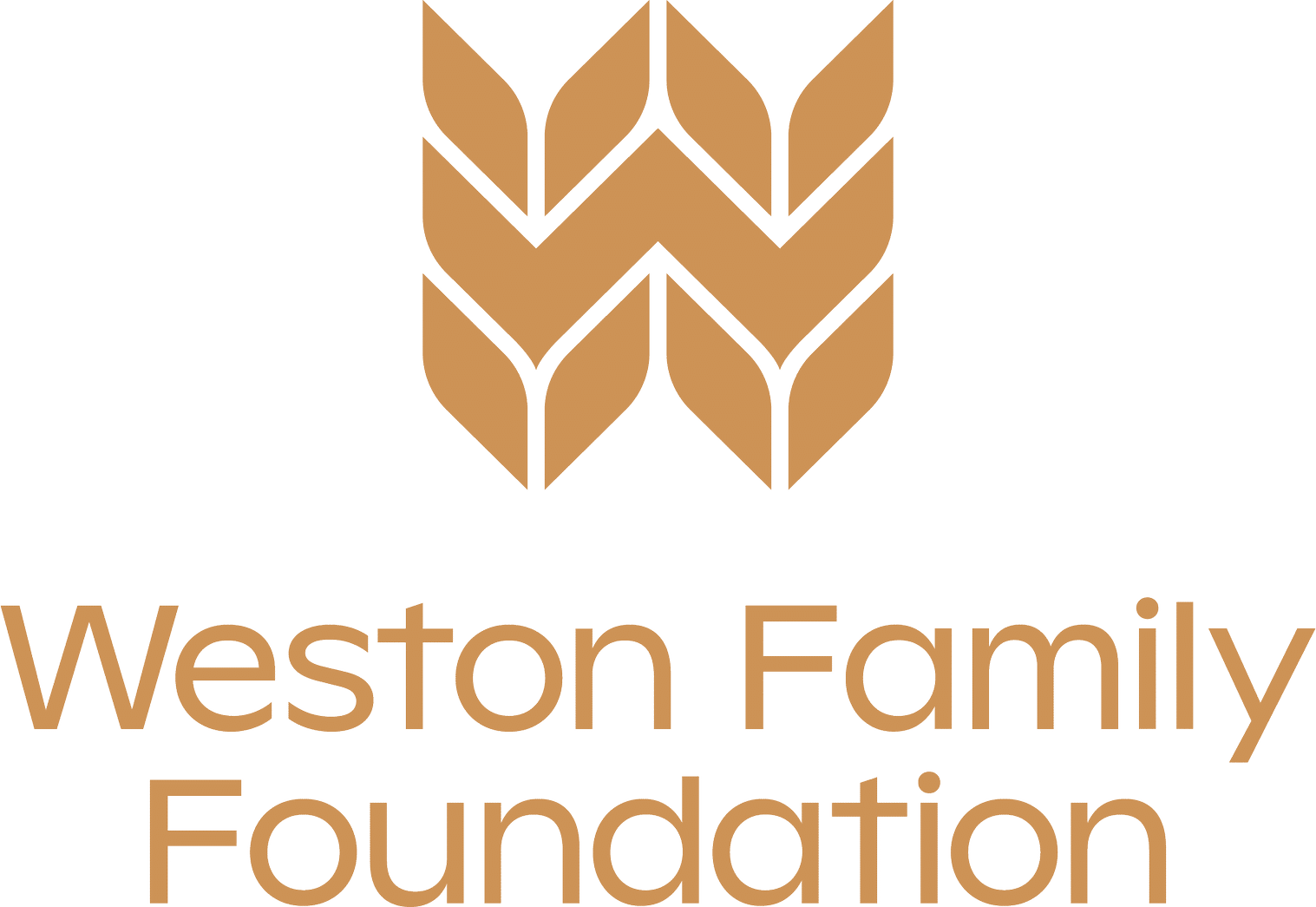
We are thrilled to acknowledge the leadership support of the Weston Family Foundation for our project “Farmers and Soil Health: Motivating Change with Locally Relevant Soil Assessment”. Our 4-year partnership (2023-2026) to develop a method for evaluating and monitoring soil health and an engagement strategy to advance the participation of farmers in the adoption of Beneficial Management Practices (BMPs) to improve soil function.
The project is part of the Weston Family Soil Health Initiative, which seeks to expand the adoption of ecologically-based beneficial management practices that increase soil organic matter in order to improve biodiversity and resiliency on agricultural lands across Canada
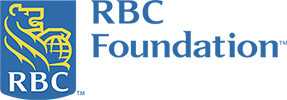
We are grateful for RBC Foundation’s Leadership support through their Tech for Nature Program to help our Farmers and Soil Health: Motivating Change with Locally Relevant Soil Assessment program.
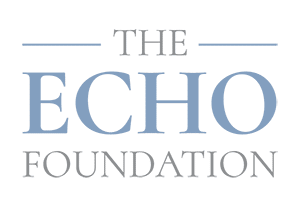
Thank you to The Echo Foundation for your ongoing leadership support for our Natural Asset Management Project.
The Greenbelt Foundation’s achievements would not be possible without the ongoing support of its funding partners and dedicated individual donors.
We thank all of you for your support and commitment!
Our Funders
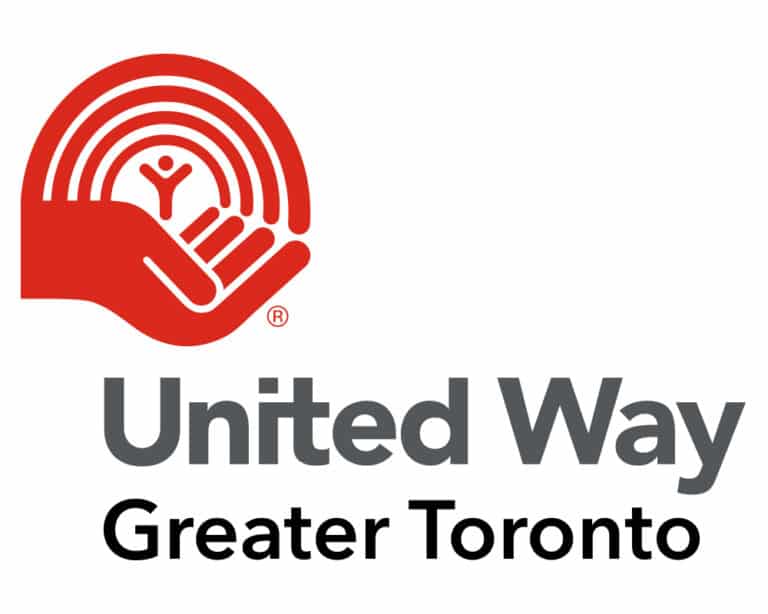
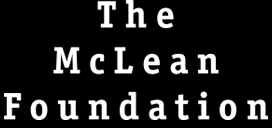

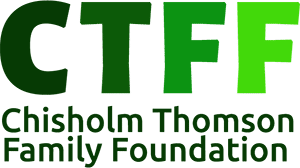











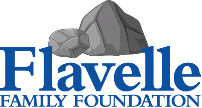
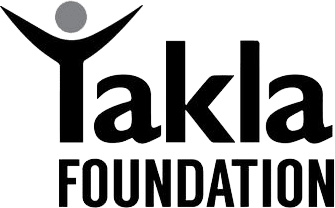

Grants Awarded
With the generous support of the Province of Ontario, this past year the Foundation distributed $1,250,991 in funding to the following 44 grantees, whose expertise and on-the-ground impact were vital to our success. Our work to protect, enhance, and steward the Greenbelt would not be possible without their leadership, innovation, and commitment. We’re proud to highlight the organizations that made this year’s accomplishments possible.
Accessible Greenbelt
Projects that spark and develop awareness, appreciation and engagement of the Greenbelt for residents, visitors and stakeholders.
A Rocha Canada
At-Risk Avians: Monitoring and Conserving Vulnerable Bird Species within Ontario's Greenbelt
Bagida'waad Alliance
Indigenous Water Testing & Biodiversity Surveys
Birds Canada
Understanding, Appreciating, and Protecting Birds Across the Greenbelt
Credit Valley Conservation Foundation
Youth in Silver Creek Stewardship & Education
Earth Rangers
Growing Possibilty: Engaging Ontario's next generation in supporting and loving the Greenbelt
EcoSchools Canada
Biodiversity Learning and Action at K-12 Schools
Simcoe County Greenbelt Coalition
Broadening and Deepening Greenbelt Support Through Local Care
EcoSpark Environmental Organization
Building an Accessible Greenbelt through Community Engagement
Green Durham Association
Uxbridge Urban Provincial Park
Niagara Peninsula Aspiring Geopark
Niagara GeoPark
Niagara Region
Niagara Irrigation Initiative
Oak Ridges Moraine Land Trust
Building a Two-Eyed Seeing Approach to Land Conservation on the Oak Ridges Moraine Trail
Oak Ridges Trail Association
Oak Ridges Moraine Adventure Relay
Toronto and Region Conservation Authority
Nashville Trail Head Access Improvement Project
Waterfront Regeneration Trust
Inspirational Greenbelt: Great Lakes to Greenbelt Cycle Tourism Phase 1
Waterfront Regeneration Trust
Inspirational Greenbelt: Great Lakes to Greenbelt Cycle Tourism Phase 2
Wildlands League
Greenbelt-Rouge Connections
Resilient Greenbelt
Projects that work with nature to create and improve public benefits provided by the natural systems of Ontario’s Greenbelt.
Carolinian Canada Coalition
Growing Native Seed Partnerships in Southern Ontario
Central Lake Ontario Conservation Authority
Long Sault Grassland Restoration
Escarpment Corridor Alliance
Ecological Corridor Network Identification Project
Forests Ontario
Restoring Forest Cover in The Greenbelt: Enhancing Biodiversity and Connectivity Across the Landscape – Phase 1
Green Community Canada
Growing Near Urban Forests in the Greenbelt
Greenough and North Bruce Wilderness Alliance
Simon Bay Coastal Fen and Forest
Hamilton Wentworth Green Venture
Mini Forest at Schools
Invasive Species Centre
Building Resiliency to Invasive Species in The Greenbelt's Agricultural Sectors
Kawartha Land Trust
Resilient Landscapes through restoration of natural infrastructure on conserved and private lands on the Oak Ridges Moraine
Natural Asset Initiative
Strengthening Natural Assets Management
Nature Conservancy of Canada - Ontario Region
Towards a Rice Lake Plains Partnership Seed Co-op
Ontario Farmland Trust
Future Vision for the Duffins Rouge Agricultural Preserve
Ontario Nature
Wise Policies and practices for Wetland conservation in the GGH
Ontario Nature
Advancing Municipal Contributions to Canada’s 30x30 Protected Areas Target
Ontario Streams
Resilient Rivers in the Greenbelt 2024 - 2025
Save The Oak Ridges Moraine Coalition
Renewed STORM
Ted Knott Chapter of Trout Unlimited
Kilbride Creek Recovery Project
The Bruce Trail Conservancy
Niagara Escarpment Species Migration and Climate Change Study
The Halton Region Conservation Foundation
Water Quality and Habitat Improvement Program (WQHIP)
Toronto and Region Conservation Authority
Natural Asset Management Program: Leveraging the Greenbelt’s natural systems to provide community services and climate resilience
Township of King
King Township Natural Asset Inventory
Sustainable Greenbelt
Projects that sustain the healthy communities and rural vitality provided by the agricultural and rural economic systems of the Greenbelt
Ecological Farmers Association of Ontario
Activating farmer soil health knowledge sharing and management planning through citizen science-enabled soil assessments
Farms at Work
Future Vision for the Duffins Rouge Agricultural Preserve
Innovative Farmers Association of Ontario
Building The Greenbelt's Soil Health Initiative Network
Land Care Niagara
Field Guide to Tree Planting in Niagara cover
Soil Conservation Council of Canada
Stakeholder Consultations for a National Soil Heath Strategy
Stakeholder Consultations for a National Soil Heath Strategy
Building the Greenbelt's Soil Health Initiative Network
Ontario Soil and Crop Improvement Association
Increasing Soil Health Practice Adoption in the Golden Horseshoe Region
Soil Conservation Council of Canada
Building Canada's National Soil Health Strategy
Financials 2024-2025
In 2024–2025, the Greenbelt Foundation invested in a range of key partnerships, educational initiatives, research and policy work, and community programs.
Year ended March 31, 2025 / Charitable ratio: 94%
Expenditure Breakdown
Program Activities
Supporting Activities
Total: $5,509,818
Thank You
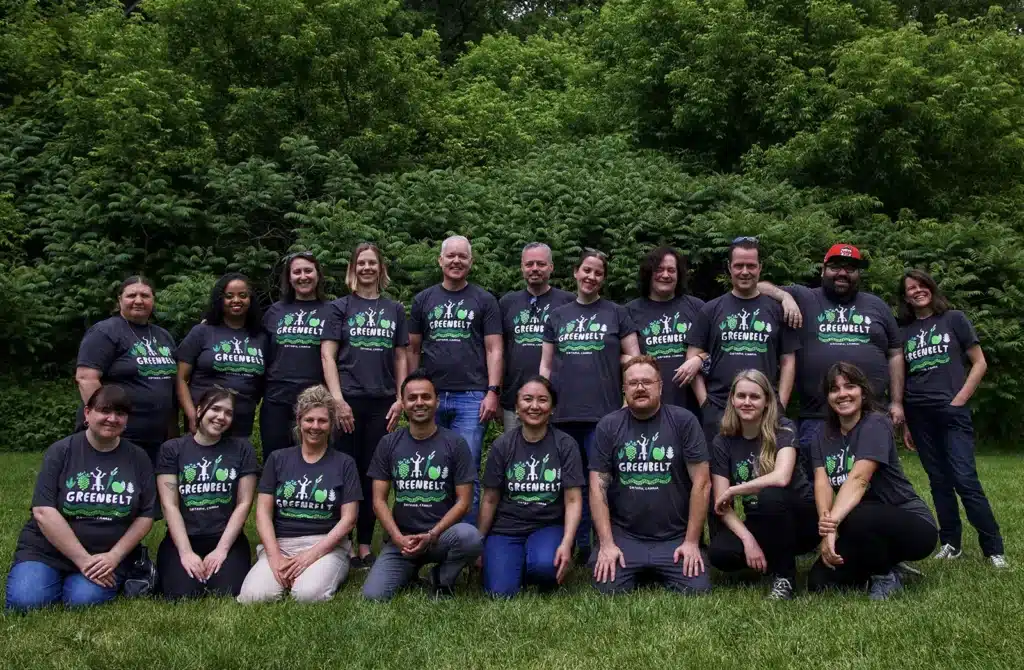
The Greenbelt Foundation is made up of a vibrant team of program leaders, research and policy experts, development and communications advisors, and much more.
We come together with varied expertise to support a unified vision of keeping the Greenbelt a healthy, resilient, and productive working landscape for Ontario. We would not be able to achieve any of our work without the dedicated support of our funders, partners, and community members like you.
